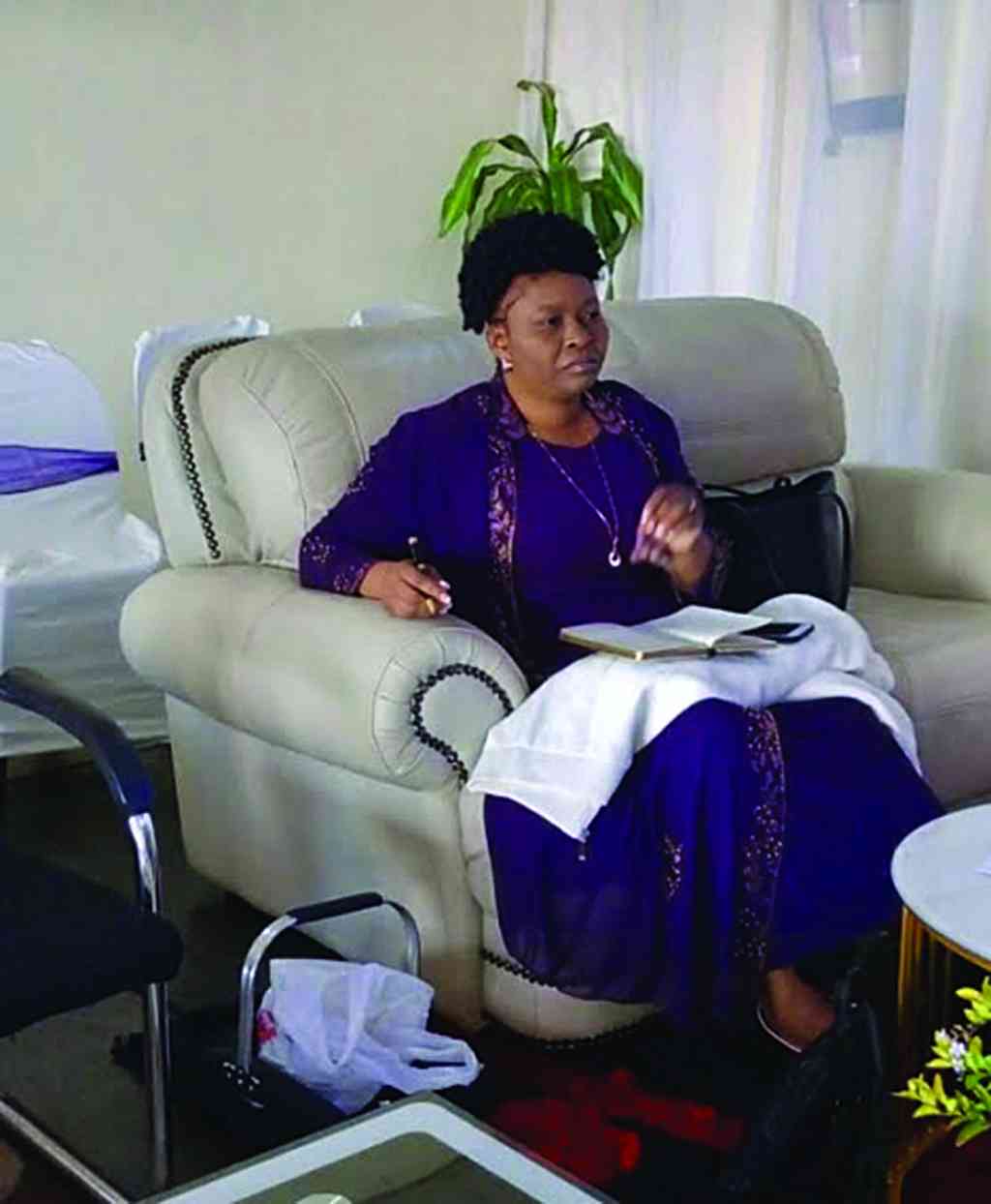
THIRTY-YEAR-OLD Dorcas Saukani of Dzivaresekwa in Harare has a sad, but real story affecting mostly girls from marginalised communities when they go for their menstrual periods.
She suffered emotionally and physically from poverty associated with lack of sanitary wear for girls.
“My first period came when I was 12 years old. I informed my elder sister, who went on to tell my step mother and aunt, but they didn’t do anything,” Saukani said.
“My sister had no option, but to take up the responsibility. She was 14 years old. She advised me to tear off my old dress into strips to use as pads.”
“I came up with a plan of wrapping the clothes to avoid leakages, but it only worked for a day or so. By the end of the cycle, I couldn’t even walk properly. I was hurt due to the heat from the plastic and the blood.
“I also remember standing throughout the lessons in class to avoid spoiling my uniform after using a plastic that left my genitals bruised and with sores.”
Saukani is one of the statistics of period poverty affecting girls and women in Zimbabwe and globally.
According to the United Nations Population Fund Zimbabwe, period poverty is the inability to buy menstrual supplies, including pads, tampons, medication or underwear, which may cause infection.
- Bad behaviour cost my marriage: Butawu
- Bad behaviour cost my marriage: Butawu
- Man threatens to shoot wife
- Zinest calls for economic strengthening in drug abuse fight
Keep Reading
Christ Foundation Ministries International is one such organisation fighting against period poverty through awareness campaigns in Harare suburbs.
“I decided to be part of the campaign so that I could help young disadvantaged girls who might be facing what I also went through. I believe no girl should suffer simply because of nature’s call,” Saukani said.
“As part of the campaign, I aim to make sure that every girl gets sanitary wear to use every month and how to take care of themselves during the cycle.”
Sunungurai Chingarande, who is matron of Doxa Ladies Ministries, a women department of Christ Foundation Ministries International, says they launched the “No to period poverty campaign” to promote menstrual hygiene in young girls.
Chingarande grew up in Gokwe and is a professor of sociology at a local university.
“Our campaign is centred on menstrual hygiene, providing sanitary pads to underprivileged women and girls as well teachings on menstrual hygiene.
“It is informed by personal experiences shared by women and girls in our church. Promoting menstrual health and hygiene safeguards women’s dignity, privacy, bodily integrity and self-efficacy,” Chingarande said.
“It is an ongoing initiative. When the supplies dwindle, we go back to replenish. We have our representatives in Epworth to whom the disadvantaged girls go to for supplies. In addition, as a department at church, we have ensured that a focal person keeps the sanitary pads for women and girls who have emergencies when they come for church programmes.
“Our period poverty campaign will target girls from Mabvuku, Tafara and Eastview.
“We aim to bring dignity to disadvantaged girls and ensure that through this initiative as a church, we contribute towards improved school attendance by girls ultimately complementing government efforts towards attainment of sustainable development goal number 4 on ensuring inclusive and equitable quality education and promote lifelong learning opportunities for all and sustainable development goal 5 on achieving gender equality and empowering women and girls.”
According to a study by SNV Zimbabwe, 72% of menstruating schoolgirls do not use sanitary products as they cannot afford them. The study also showed that 62% of schoolgirls in Zimbabwe miss classes every month due to lack of sanitary pads and 70% of these girls are not aware of any sanitary pads brand on the market.
“Period poverty is real in Zimbabwe, the biggest obstacle to using sanitary pads is affordability. Someone who has a heavy flow will need around US$3 a month for sanitary pads, which is difficult for some girls given the current economic conditions,” Chingarande said.
“It creates a safe space for women and girls to share personal experiences, learn from each other, receive teachings and counselling, mentorship, pray and network, among other things.”
In Zimbabwe, more than three million women and girls menstruate and most of them do not have proper and sufficient menstrual protection.










